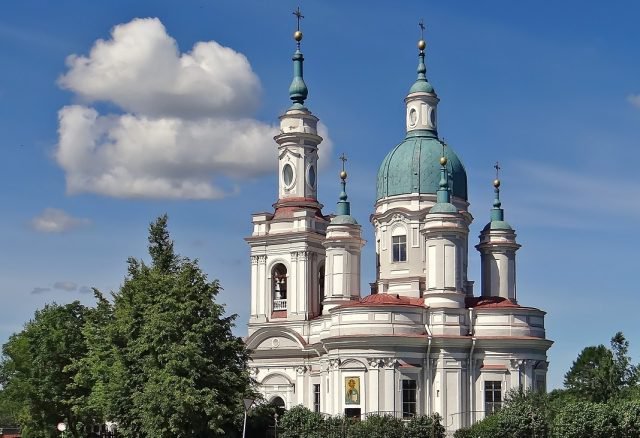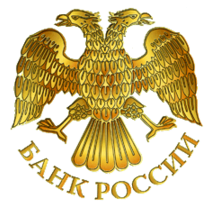Bank Legalize Bitcoin to Help Regional Economy
Russian Border Cities Request to Legalize Bitcoin to Help Regional Economy


The Russian Central Bank has been asked to legalize bitcoin in the Leningrad region, particularly districts that border Estonia and Finland in order to allow visitors to pay for goods and services in bitcoin.

In Russia’s Leningrad region which surrounds St. Petersburg, Vladimir Petrov is the Deputy in the region’s Legislative Assembly, Marina Chistova is Head of the Slantsy district, and Viktor Karpenko is the mayor of Ivangorod. Last week, the three formally requested for the Bank of Russia to “legalize the circulation and exchange of cryptocurrencies in the border areas of the Leningrad region,” according to the local publication Vesti.
Three border districts were named in particular; Kingiseppsky, Slantsevsky, and Vyborgsky. Within the region, the Kingiseppsky and Slantsevsky districts border Estonia whereas Vyborgsky borders Finland. Their administrative centers are the towns of Kingisepp, Slantsy, and Vyborg respectively. Petrov said, as quoted by Abc.az news portal:
Bitcoin Economy Spreading Across the Borders
Petrov explained that the Leningrad region borders multiple European Union countries, where bitcoin adoption is much further ahead of his country. For example, it is actively used in Estonia, he detailed.
However, transit passengers from border countries arriving in Russia may not have the correct currency to spend, the news outlet detailed. Allowing cryptocurrency payment in border areas “could help boost the number of visitors, both from the European and Russian side,” he said. The publication conveyed Petrov’s message:
Russian ombudsman for business rights, Dmitry Marinichev, supports the idea of politicians lobbying for the use of cryptocurrencies in the Leningrad region, reported Vesti. “In general, I support the idea of people using cryptocurrencies. Even though the proposal is of a populist nature, I support it because so many people are beginning to understand how it functions,” he said (loosely translated), adding that it offers a variety of new technological innovations in their lives.